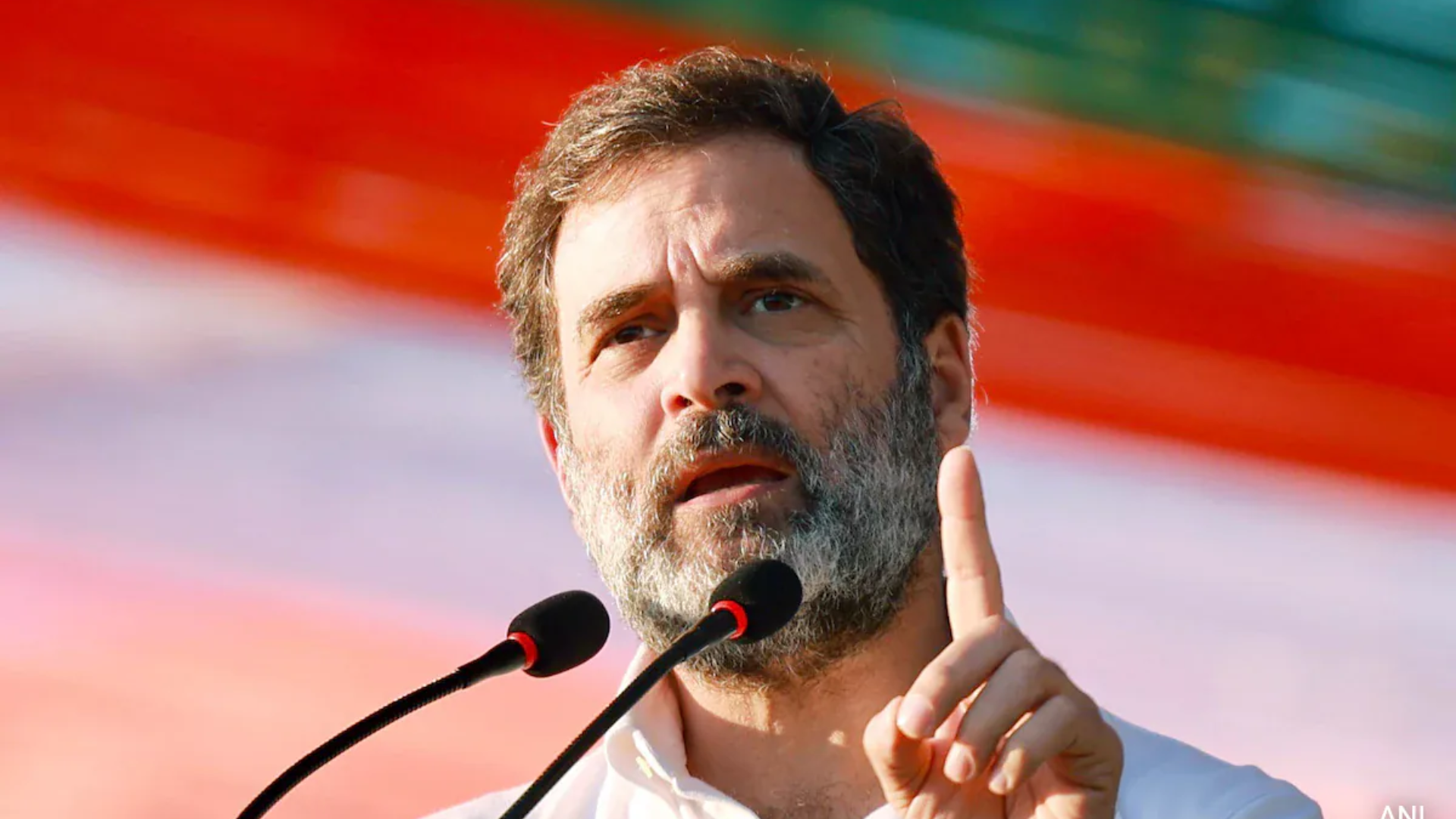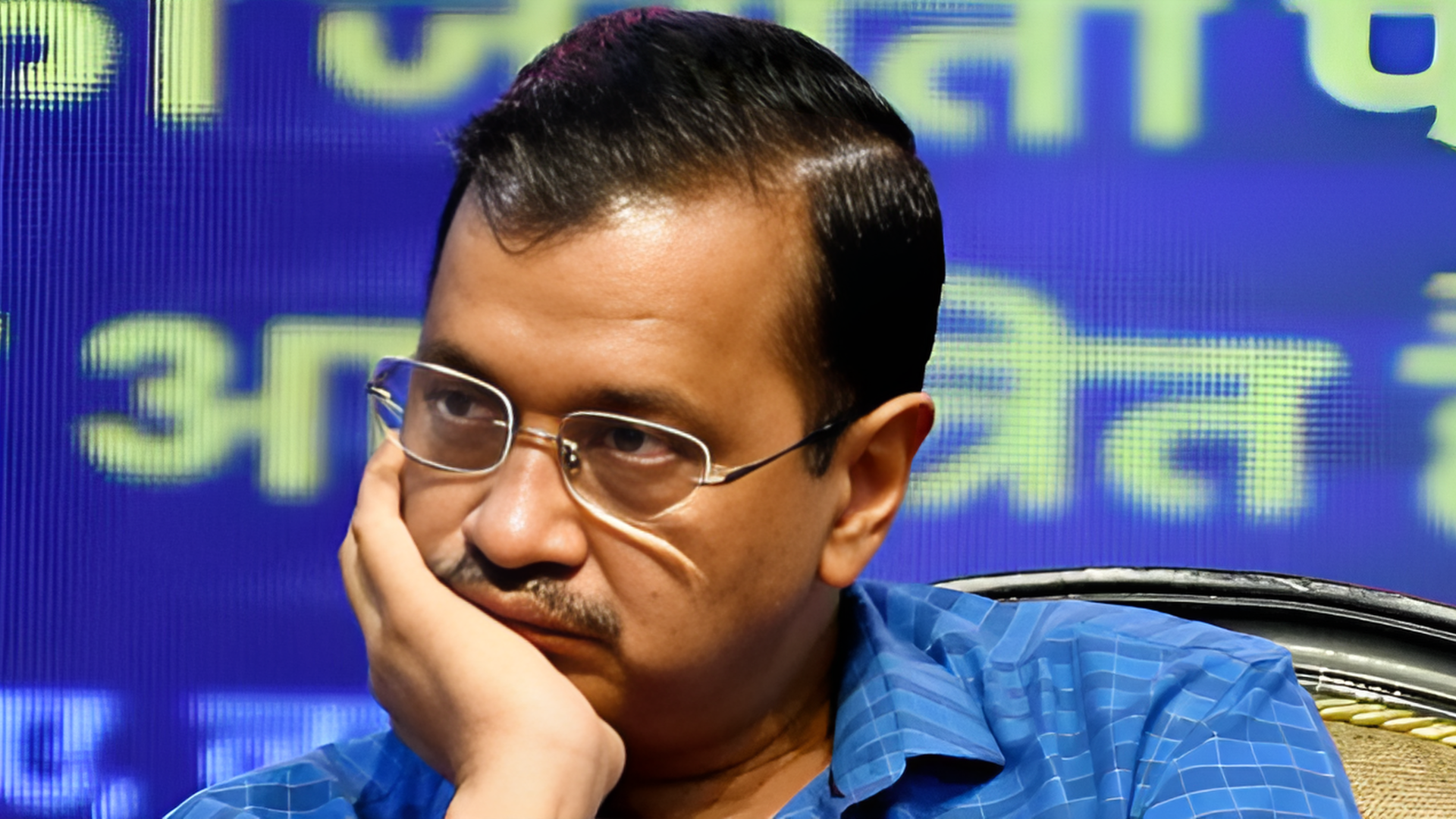










Malaysia’s Prime Minister, Anwar Ibrahim, made a significant announcement on Sunday, revealing plans to grant 30-day visa-free entry to visitors from India and China starting December 1. This move aims to enhance tourism between the nations and foster stronger cultural ties.
During his address at the 2023 People’s Justice Party (PKR) National Congress, Anwar Ibrahim outlined the new policy, highlighting that the visa exemption would be subject to security screenings. These screenings will assess past records for any involvement in criminal activities or violence.
Anwar Ibrahim emphasized that the visa-free entry privilege, already enjoyed by Middle Eastern nations such as Turkey and Jordan, would now be extended to include citizens from India and China. He provided clarity on the decision, noting that it aligns with Malaysia’s efforts to strengthen diplomatic and economic relations with key nations.
The announcement comes in the wake of similar visa exemption initiatives by Sri Lanka and Thailand. In October, Sri Lanka’s Minister of Foreign Affairs, Ali Sabry, unveiled a pilot project allowing visa-free entry for visitors from seven countries, including India and China. The project, effective immediately, will continue until March 31, 2024.
Additionally, Thailand recently declared visa-free entry for Indian tourists, effective November 10. The decision was part of Thailand’s broader strategy to address challenges in the tourism sector, including a decline in Chinese tourist arrivals. The Thai Cabinet agreed to exempt tourists from India and Taiwan from requiring an entry visa, encouraging a boost in tourism during the last quarter of the year.
The move by Malaysia aligns with regional efforts to stimulate tourism and foster international cooperation. The tourism sector, a crucial component of economic development, is expected to benefit from these measures, promoting cultural exchange and economic growth.










